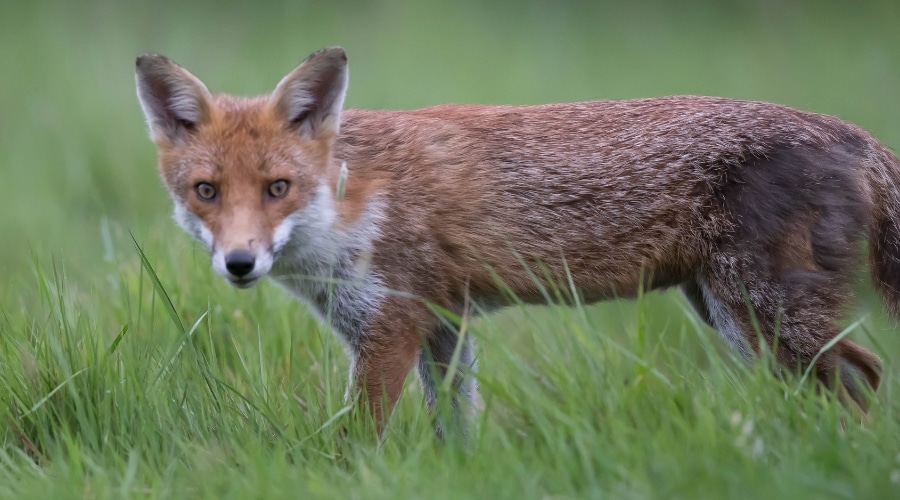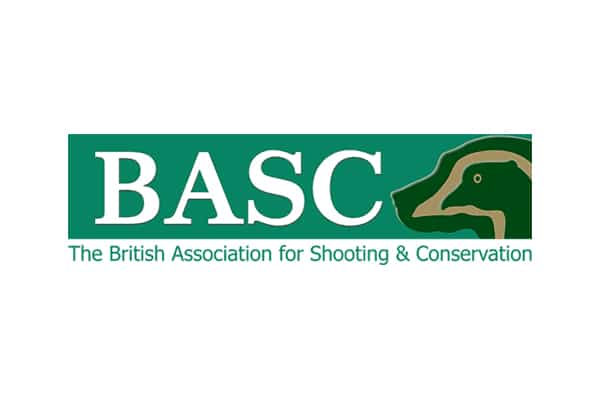
Last chance to respond to Scottish snares consultation
The Scottish government consultation which proposes a ban on the use of snares in Scotland closes on 3 October.
Get information on the legal shooting season for mammals and birds in the UK.
Apply for funding for your project or make a donation today
Comprehensive information and advice from our specialist firearms team.
Everything you need to know about shotgun, rifle and airgun ammunition.
Find our up-to-date information, advice and links to government resources.
Everything you need to know on firearms law and licensing.
All the latest news and advice on general licences and how they affect you.

BASC and NFU Scotland have issued a joint warning that plans to make deer stalking training mandatory under the Government’s Natural Environment Bill could drastically reduce the number of people managing deer across the country.
National Farmers Union, Scotland (NFUS) and BASC have written jointly to Jim Fairlie, the Minister for Agriculture and Connectivity, to express serious concerns about the potential consequences of the requirements proposed under the Natural Environment (Scotland) Bill.
With the Bill approaching the end of Stage 1, both organisations argue that introducing mandatory training for lowland deer management could have unintended consequences, having a damaging impact on Scotland’s farming and rural communities.
BASC estimates that if the training standard were set at Deer Stalking Certificate 1 (DSC1) level, the number of ‘compliant’ stalkers could fall to just 7,500 – a sharp reduction at a time when more, not less, deer management is needed to meet the Government’s own environmental targets.
Deer populations, particularly roe deer, have expanded significantly across lowland areas, increasing pressure on crops and forestry. Many farmers play an essential role in controlling local populations, often shooting only small numbers each year but collectively contributing substantially to management. Yet, in contrast to Government claims that mandatory training would raise standards, NFUS and BASC warn the proposals could discourage farmers and land managers from continuing this vital work.
Under the draft Bill, anyone shooting deer in Scotland will be required to complete mandatory training. The organisations cite the cost, time away from farm work, and the lack of grandfather rights as key issues, particularly for older farmers who may choose to stop deer management altogether.
NFUS and BASC are urging the Scottish Government to reconsider these measures and work collaboratively with stakeholders to find practical, proportionate solutions that support effective lowland deer management without adding further barriers.
BASC Scotland director, Peter Clark, said: “Mandatory training would place unnecessary bureaucratic burdens on farmers at a time when the Scottish Government is asking for greater deer culling effort.
“We’ve seen no evidence that this measure is needed for human safety or animal welfare reasons. Self-regulation has led to high standards in Scotland when it comes to deer management.
“Yet with an ageing farming population, there is a serious possibility that many will drop out of managing deer on their farms if the mandatory proposals come to fruition. The result could be fewer people managing deer, just when we need more.”
Vice President of NFU Scotland, Duncan Macalister, said: “Lowland farmers are at the frontline of managing Scotland’s lowland deer populations, often on a voluntary basis and at their own expense. These proposals risk reducing the number of people actively managing deer, which would be counterproductive to the Government’s environmental goals.
“The introduction of mandatory training risks undermining that goodwill and creating barriers for those who are already doing the right thing.”

The Scottish government consultation which proposes a ban on the use of snares in Scotland closes on 3 October.

Read our statement following a response for the Welsh Minister for Economy after shooting businesses in Wales were excluded from Covid funding.

Shadow Defra Secretary of State Victoria Atkins MP paid tribute to shooting and fishing at BASC’s Conservative Party rural reception.